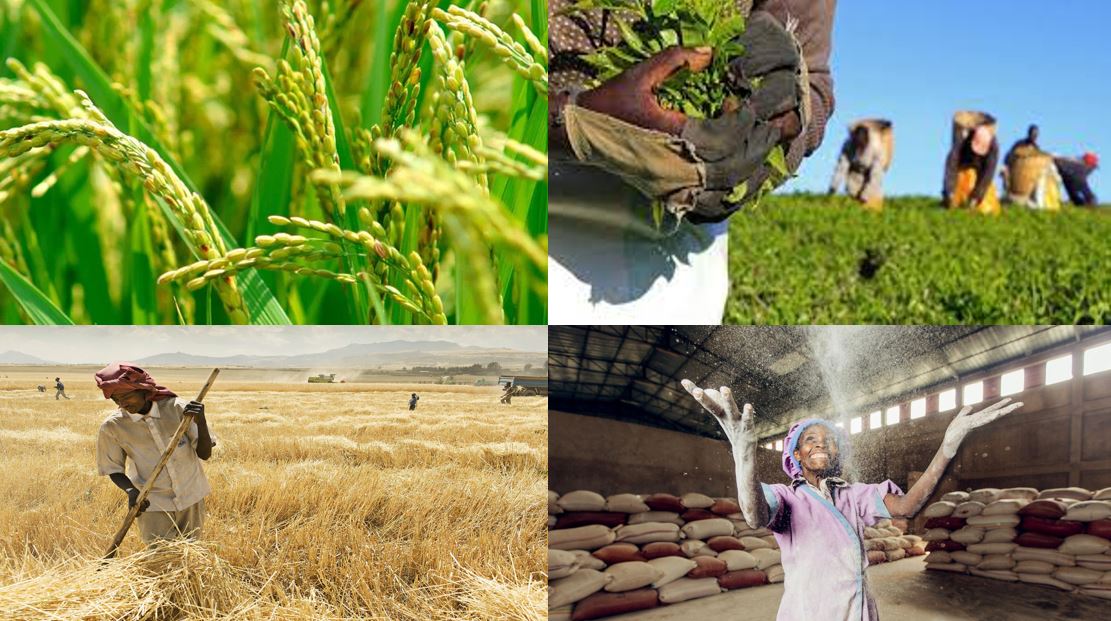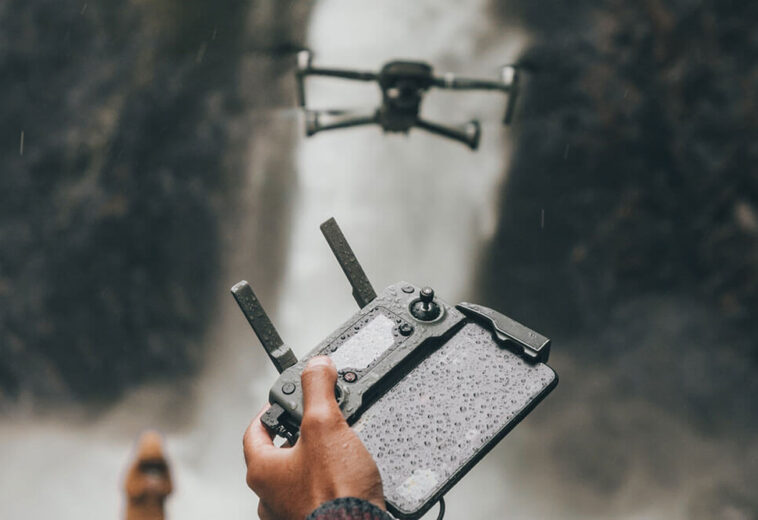Akinwumi Adesina, the president of the African Development Bank, AFDB, is concerned about the war’s effects on the African continent.
He pointed out to African Leadership Magazine’s Nairobi office during a wrap-up media briefing that the AFDB Bank had no leverage when it comes to conflict. His voice, on the other hand, would be one of Plea to Ukraine and Russia to put an end to the war.
“We are not a political organization we are a financial institution; hence we don’t have any leverage at all when it comes to war, but we do have a voice and our voice is a voice of plea,” he commented.
President Zelensky of Ukraine questioned the world earlier this year about who is willing to defend them in the fight. He also inquired as to who was willing to secure Ukraine’s membership in NATO. A remark that elicited a variety of responses from international leaders.
“But there is a second thing! We are alone in defending our nation.” President Zelensky. “Who is ready to fight with the US? I don’t see anybody.” He continued. “Who is ready to give Ukraine a guarantee to join NATO? Everyone is Afraid”….The Ukrainian President added.
President Adesina’s message to President Zelensky of Ukraine was to put a stop to the conflict. He also urged the United Nations and the United Nations Security Council to do everything necessary to bring the war to a conclusion.
Speaking about the impact of the Russia-Ukraine war, Adesina expressed sympathy for the people of Ukraine, characterizing their suffering as “unimaginable.”
He further claimed that the war’s repercussions extended far beyond Ukraine to other parts of the globe, including Africa.
“However how about the Ukrainians themselves? You know I can repair, bridge, and do anything like that but I can’t bring life back.”He noted. “So if there’s anything I would say is just to plea for the lives of the kids, lives of the Ukrainians, for peace and stability in the entire Europeans area, Peace and stability in the entire world.”He added. This war needs to end, that’s all I can say….President Akinwumi Adesina.
He was speaking in Nairobi after attending Kenya’s National holiday Madaraka Day:
Madaraka Day, A Swahili term that means “authority” or “ruling power.”
Every year on June 1st, Madaraka Day, also known as “internal self-rule” or “Self-Governance Day,” is commemorated in the Republic of Kenya.
After being a British colony since 1920, Kenya gained internal self-rule on this day in 1963.
The Republic did, however, only gained partial independence on this day in 1963. It was not until nearly a year and a half later, on December 12, 1964, that it became a fully functioning republic.
As a result, every year on December 12th, Kenya celebrates Jamhuri Day (Republic Day) in honour of the foregoing.
However, this year’s Madaraka Day was different. This is because it was President Kenyatta’s final national event. Coincidentally, it was also his first in 2013, following his election as President in April.
For this reason, the occasion provided him with an opportunity to commemorate his 10-year tenure’s accomplishments with the 3000 guests and Kenyans at large.
The occasion provided him with an opportunity to commemorate his 10-year tenure’s accomplishments with the 3000 guests and Kenyans at large. The Chief guest of it being, Sierra Leone President Julius Maada Wonie Bio.
It was also because of this, that he extended an official invitation to President Adesina.
Fellow initiatives that he spearheaded during his four-day official visit to Kenya, hosted by President Uhuru Kenyatta included: meetings with other African diplomatic envoys and international development partners.
He also met with Kenya’s Cabinet Secretary for Transport, Infrastructure, and Housing, James Macharia, Cabinet Secretary for Energy and Petroleum, Monica Juma, and Principal Secretaries of various other line ministries upon his arrival.
He further solidified their bond with President Kenyatta as a daring friend and a wonderful brother who he has known for several years. New hope and new opportunities for the poor.”
Because of this, Adesina commended President Uhuru Kenyatta’s government for developing what he called ‘world-class infrastructure, particularly the expansion of the country’s roads network.’ He also commended the speed with which road projects were being implemented and the quality of work.
The Bank Group president cited some of the projects financed by the African Development Fund—which he said were transforming lives. He gave the example of the Thwake
Multipurpose Water Development Program in Kenya, explaining that this project will uplift millions of lives in the country’s semi-arid eastern region.
He said it would do so through electricity generation, water supply, and irrigation of 40,000 hectares of land.


